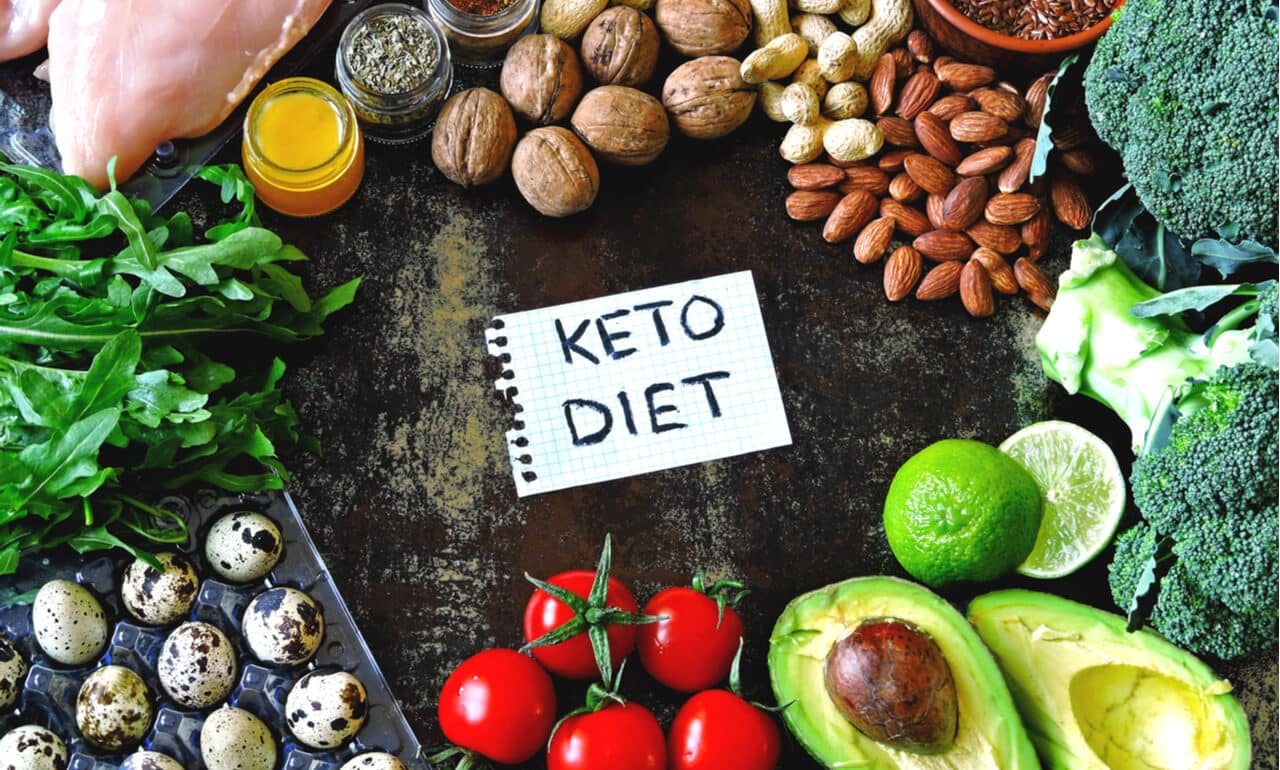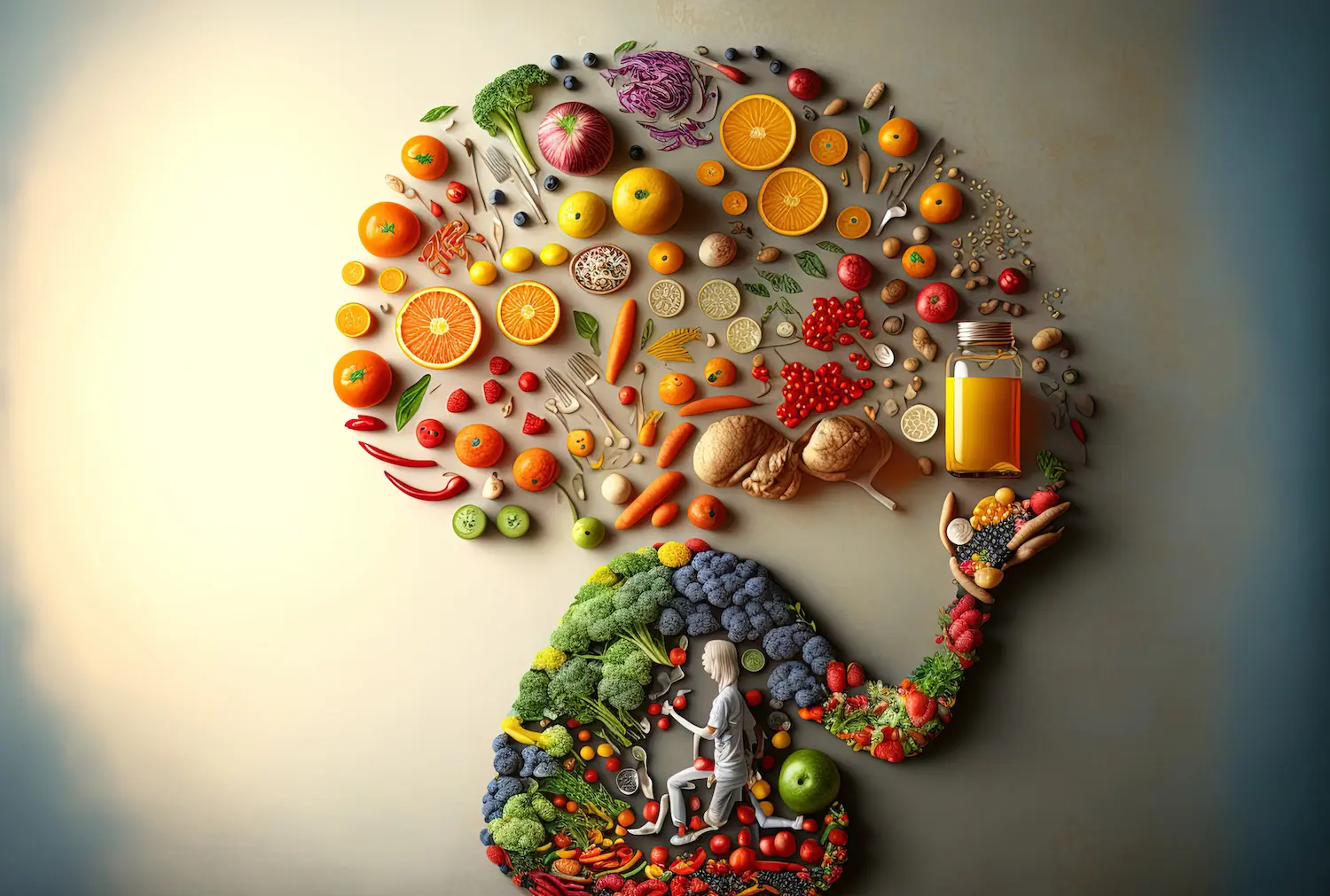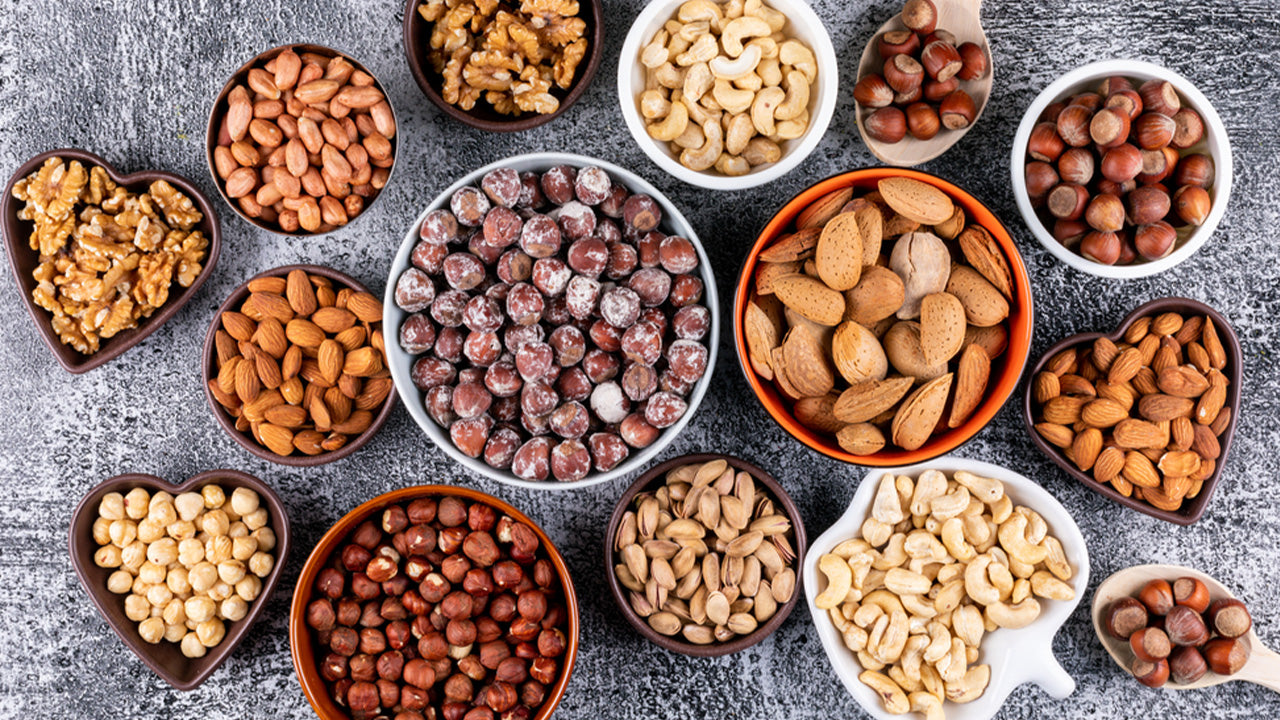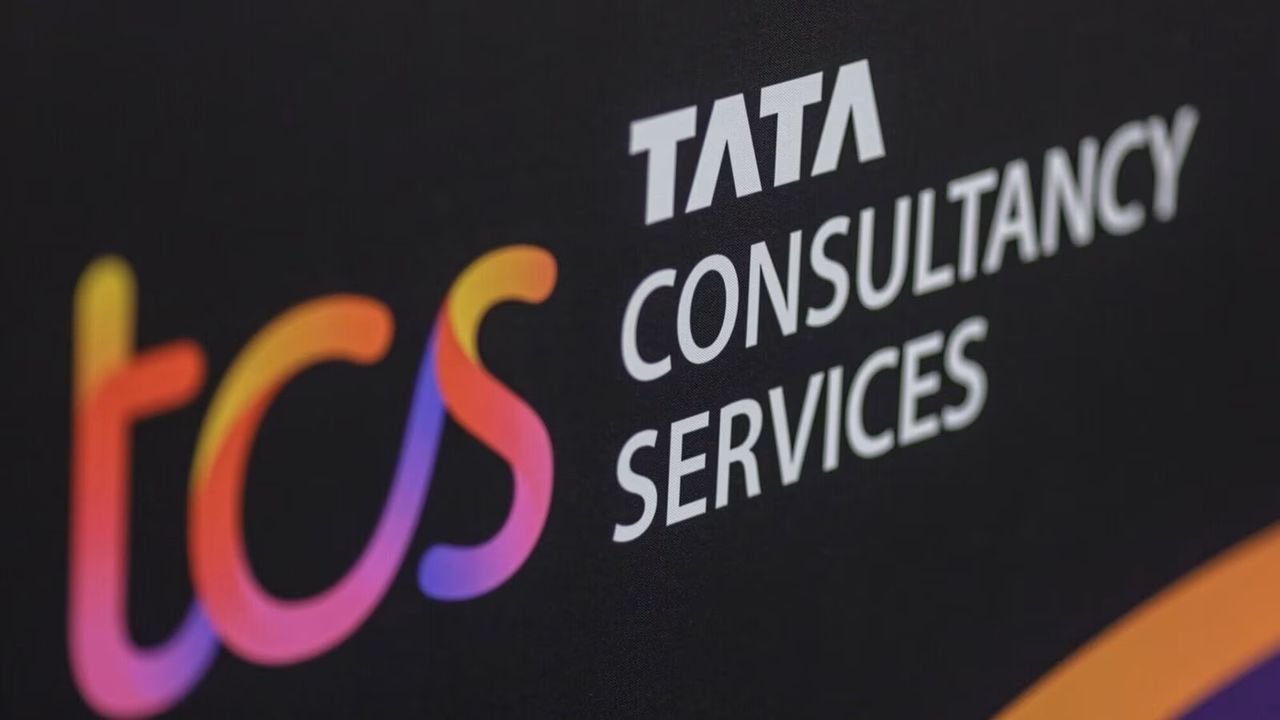Keto Diet 101: A Beginner's Guide to Ketogenic Eating
Embark on a beginner keto diet by focusing on high-fat, low-carb foods to shift your body into a state of ketosis.

Welcome to the world of the keto diet! Whether you want to lose weight, increase your energy, or enhance your general health, the keto diet is a unique and successful option. This beginner's guide will take you through the fundamentals of ketogenic eating, Let's plunge in!
The ketogenic diet is a high-fat, low-carbohydrate diet that induces the body's metabolic condition known as ketosis. In this state, the body relies mostly on fat for sustenance rather than carbohydrates. The keto diet's basic principle is to significantly cut carbohydrate intake while replacing it with healthy fats and reasonable protein consumption. A normal keto diet consists of 70-75% fat, 20-25% protein, and 5-10% carbohydrates.
Meats, fish, poultry, non-starchy vegetables, healthy fats like avocado, olive oil, and nuts, and some dairy items like cheese and butter are all allowed on a keto diet.
Foods that are generally not indicated on a keto diet include grains, sweets, fruits, and starchy vegetables such as potatoes and corn. Persons frequently follow a keto diet for many kinds of reasons, including weight loss, improved blood sugar control, mental clarity, and higher energy levels. However, before beginning any new diet, talk with a healthcare expert or certified dietitian to confirm it is appropriate for your specific needs and health goals.
Getting Started on the Keto Diet
-
Understand your macronutrients: Consume 70-75% of your daily calories from fat, 20-25% from protein, and 5-10% from carbohydrates.
-
Foods to Eat: beneficial fats include avocados, nuts, seeds, olive oil, coconut oil, butter, and cheese. Protein sources include meat, poultry, fish, eggs, and plant-based proteins such as tempeh and tofu. Low-carb vegetables include leafy greens, broccoli, cauliflower, zucchini, and bell peppers.
-
Foods to Avoid: Avoid sugary foods such as sweets, cakes, cookies, and sugary beverages. Grains and starches include bread, pasta, rice, and potatoes. High-carb fruits include bananas, apples, oranges, and grapes. Legumes include beans, lentils, and chickpeas.
-
Plan Your Meals: Successful keto dieting requires careful planning. Start by gathering keto-friendly recipes and developing a meal plan. Stock your kitchen with keto necessities and plan out meals before time to avoid tempting yourself with high-carb items.
-
Stay Hydrated: Since ketosis can cause substantial water loss, it's important to stay hydrated. To maintain a suitable balance, drink plenty of water and consider taking electrolyte supplements.
-
Monitor Your Progress: Keep track of your macronutrient consumption with apps or notebooks. Monitoring your ketone levels might also be beneficial, utilizing ketone test strips or a blood ketone meter.
People frequently adopt a keto diet for a variety of reasons, including weight loss, improved blood sugar control, mental clarity, and higher energy levels. However, before beginning any new diet, talk with a healthcare expert or certified dietitian to confirm it is appropriate for your specific needs and health goals.
What's Your Reaction?


























:max_bytes(150000):strip_icc()/GettyImages-80487462-59833fb6d088c000112fcc2c.jpg)





/https://tf-cmsv2-smithsonianmag-media.s3.amazonaws.com/filer/b6/30/b630b48b-7344-4661-9264-186b70531bdc/istock-478831658.jpg)






)


























:max_bytes(150000):strip_icc()/GettyImages-173607153-3eb9caf873014f9ab2e3c11cf071d2c9.jpg)

















)



